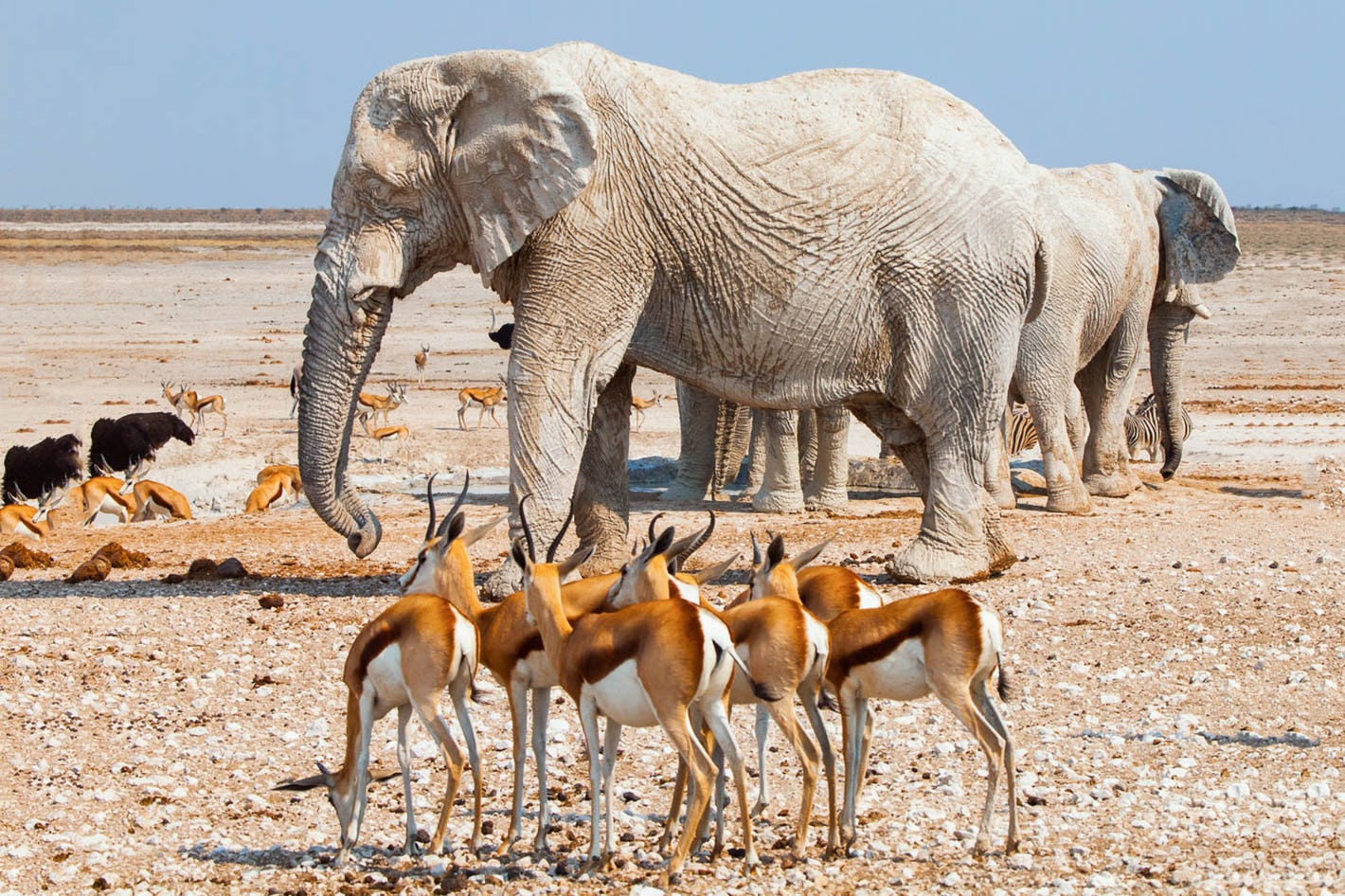African Safari Planner
Embarking on an African safari is a bucket-list experience that promises breathtaking encounters with magnificent wildlife, stunning landscapes, and vibrant cultures. However, planning a successful safari requires careful consideration and preparation. In this comprehensive guide, we will delve into the essential steps to help you design an unforgettable African safari. From selecting the perfect destination and timing your visit to choosing accommodations, arranging activities, and ensuring responsible and sustainable travel, this article will provide you with the knowledge and insights needed to plan a safari that aligns with your preferences and expectations. So, let’s embark on an extraordinary journey through the world of African safari planning.
- Selecting the Perfect Safari Destination : Africa is a continent of wonders, with diverse ecosystems offering unique safari experiences. Begin by researching renowned destinations such as Kenya’s Masai Mara Reserve, Tanzania’s Serengeti National Park, Botswana’s Okavango Delta, South Africa’s Kruger National Park, or Namibia’s Etosha National Park. Consider factors like wildlife species, landscapes, accessibility, safety, visa requirements, and budget. Explore each destination’s highlights, such as the Great Wildebeest Migration or the Big Five, to find the perfect match for your wildlife and adventure interests.
- Timing Your Safari for Optimal Wildlife Encounters : Timing is crucial to maximize wildlife sightings and enhance your overall safari experience. Research the climate patterns and understand how they affect animal behavior and vegetation. Consider the wet and dry seasons, as well as factors like temperature, rainfall, and mosquito prevalence. Each destination has its own peak seasons and off-peak periods, which can impact pricing and tourist density. Explore the advantages and trade-offs of visiting during different times of the year, such as the calving season, bird migrations, or specific wildlife events. By carefully timing your visit, you can increase your chances of witnessing extraordinary wildlife spectacles.
- Choosing the Right Accommodations : Selecting suitable accommodations is essential for comfort, convenience, and immersing yourself in the safari experience. The options range from luxury lodges and tented camps to budget-friendly camping sites. Consider factors such as location, proximity to wildlife-rich areas, amenities, service quality, and environmental sustainability. Decide between staying inside or outside national parks and reserves, balancing accessibility with exclusivity. Research the available accommodations, read reviews, and prioritize those that align with your preferences and budget. Some lodges and camps offer additional activities like bush walks, night drives, or cultural visits, providing a more holistic safari experience.
- Types of Safaris and Activities : African safaris offer a range of activities to cater to different interests and levels of adventure. Game drives are the most common and allow you to explore vast landscapes and observe wildlife in their natural habitat. Walking safaris provide an intimate and immersive experience, allowing you to learn about smaller flora and fauna while accompanied by experienced guides. Boat safaris offer a unique perspective, allowing you to witness aquatic wildlife and bird species. Hot air balloon safaris provide a bird’s-eye view of the landscape, creating unforgettable memories. Research the activities available at your chosen destination and consider a combination of options to diversify your safari experience and make the most of your time in Africa.
- Responsible Travel and Wildlife Conservation : Responsible travel and wildlife conservation are paramount when engaging with Africa’s fragile ecosystems and endangered species. Choose safari operators and guides committed to sustainable practices, conservation efforts, and support for local communities. Look for certifications or affiliations with reputable conservation organizations. Respect park regulations and wildlife viewing guidelines, such as maintaining a safe distance and avoiding interference with animals’ natural behavior. Support community-based tourism initiatives that empower local communities and contribute to their well-being. Consider offsetting your carbon footprint and minimizing single-use plastics during your safari. By prioritizing responsible travel, you contribute to the preservation of Africa’s natural heritage.
Planning an African safari requires careful research, thoughtful decision-making, and a sense of adventure and we can help with that. By selecting the right destination, timing your visit strategically, choosing suitable accommodations, engaging in diverse activities, and practicing responsible travel, you can create an extraordinary safari experience that exceeds your expectations. Remember to be flexible and open-minded, as nature can be unpredictable. Embrace the diversity of African landscapes, immerse yourself in the wilderness, and cherish the moments you share with Africa’s magnificent wildlife. By planning and conducting your safari responsibly, you contribute to the conservation of these precious ecosystems and ensure their preservation for generations to come. So, start planning your African safari, prepare your camera, and get ready for a life-changing wildlife adventure that will leave you with memories to last a lifetime.
Contact us below!
